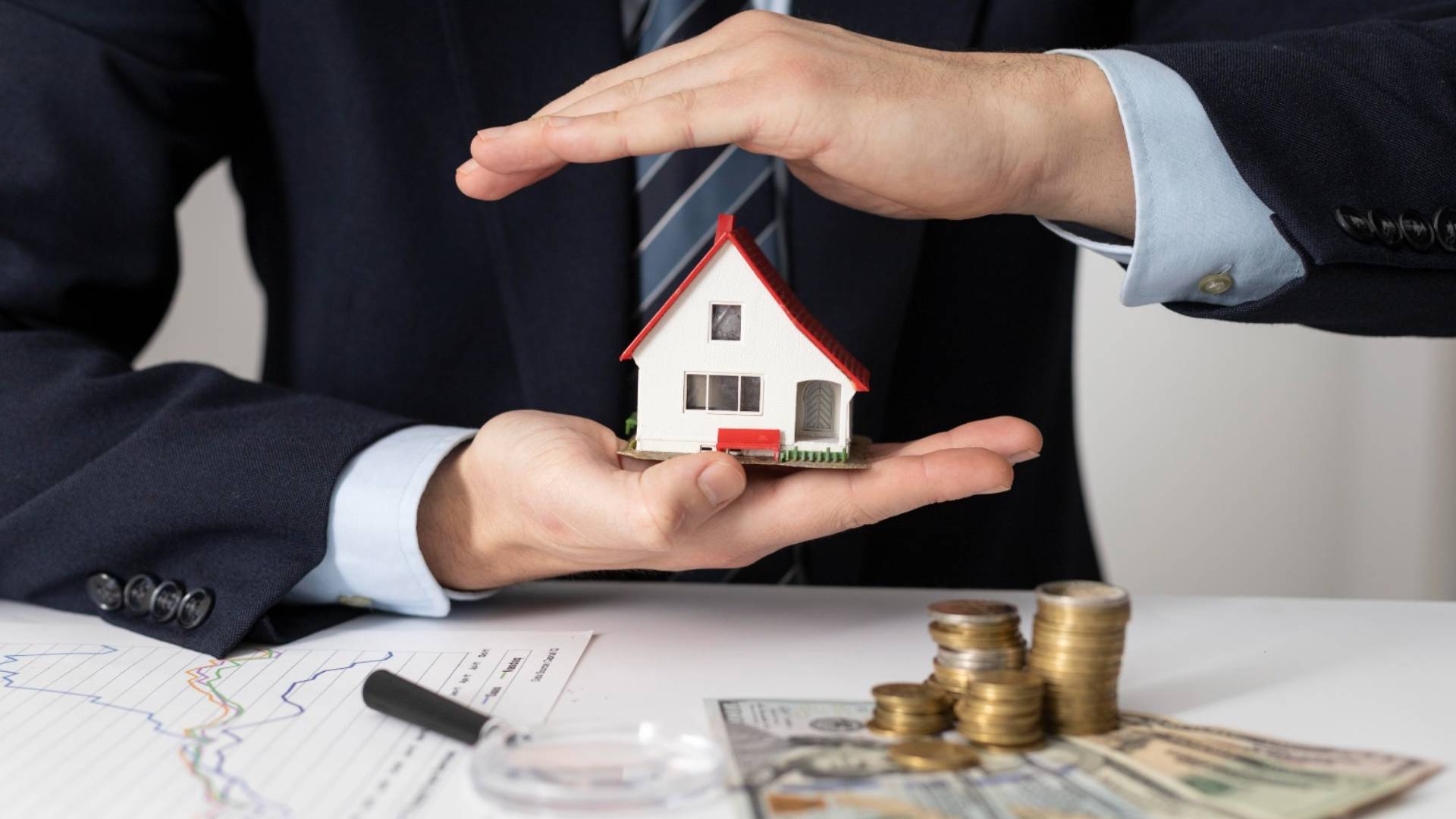In the dynamic realm of real development, property developers serve as major players in orchestrating the change of landscapes and cities across the globe. Their role transcends mere construction, it's complex dances of imagination, investment and implementation. Developers have the capacity to design modern cities. They design not only buildings but entire communities. The understanding of their role reveals the intricate web of influence they weave and their impact on the environment they create.

At the heart of property development lies the concept of creating spaces that meet the ever-changing needs and hopes of our society. Developers start projects with careful design, carrying out feasibility studies, market research, as well as architectural studies to assure that the project is viable and in line with the demand. This innovative approach not only caters to today's needs, but also anticipates the future, encouraging sustainable urban development.
However, the pursuit of profits can be at times in conflict with more general societal concerns. One of the contentious issues surrounding property developers is the issue of gentrification. When they make investments in shabby areas or historic districts properties appreciate which attracts wealthy residents as well as firms. This brings energy into areas that were once dying but it also displacing long-time residents and small businesses and increases the socioeconomic gap. The balance between revitalization and the preservation of community identity and affordability remains a significant challenge for developers and policymakers alike.
Additionally, the environmental impacts of development projects cannot be ignored. Property developers are now under the pressure to implement sustainable methods which reduce carbon footprints, preserve green spaces, and promote energy efficiency. Sustainable design elements like rainwater harvesting techniques, and LEED certification have become common considerations in modern developments. In addition to complying with the regulations builders are now recognizing the advantages of long-term environmental eco-friendly initiatives. They include price reductions, market competition, and positive public perception. To generate extra details please check out https://akisama.com.my/

However, the path to growth also creates challenges and controversies, often which require complicated negotiations with local authorities, environmental concerns, and communities' resistance. Critics argue that rapid urbanization driven by developers could cause concerns like gentrification relocation of native communities, as well as environmental degradation. Balancing economic imperatives with social as well as environmental sustainability is a perennial challenge for the industry.
In spite of the challenges real estate developers are gradually embracing principles of responsible and inclusive development. They are increasingly incorporating environmentally sustainable practices, energy-efficient technology, and green areas in their plans, which are reducing carbon footprints as well as improving the living quality. In addition, the process of community involvement and stakeholder consultation are becoming an integral part of project planning in promoting transparency and addressing local concerns.
Comments on “Understanding the Role and Influence of Property Developers in Actual Estate”